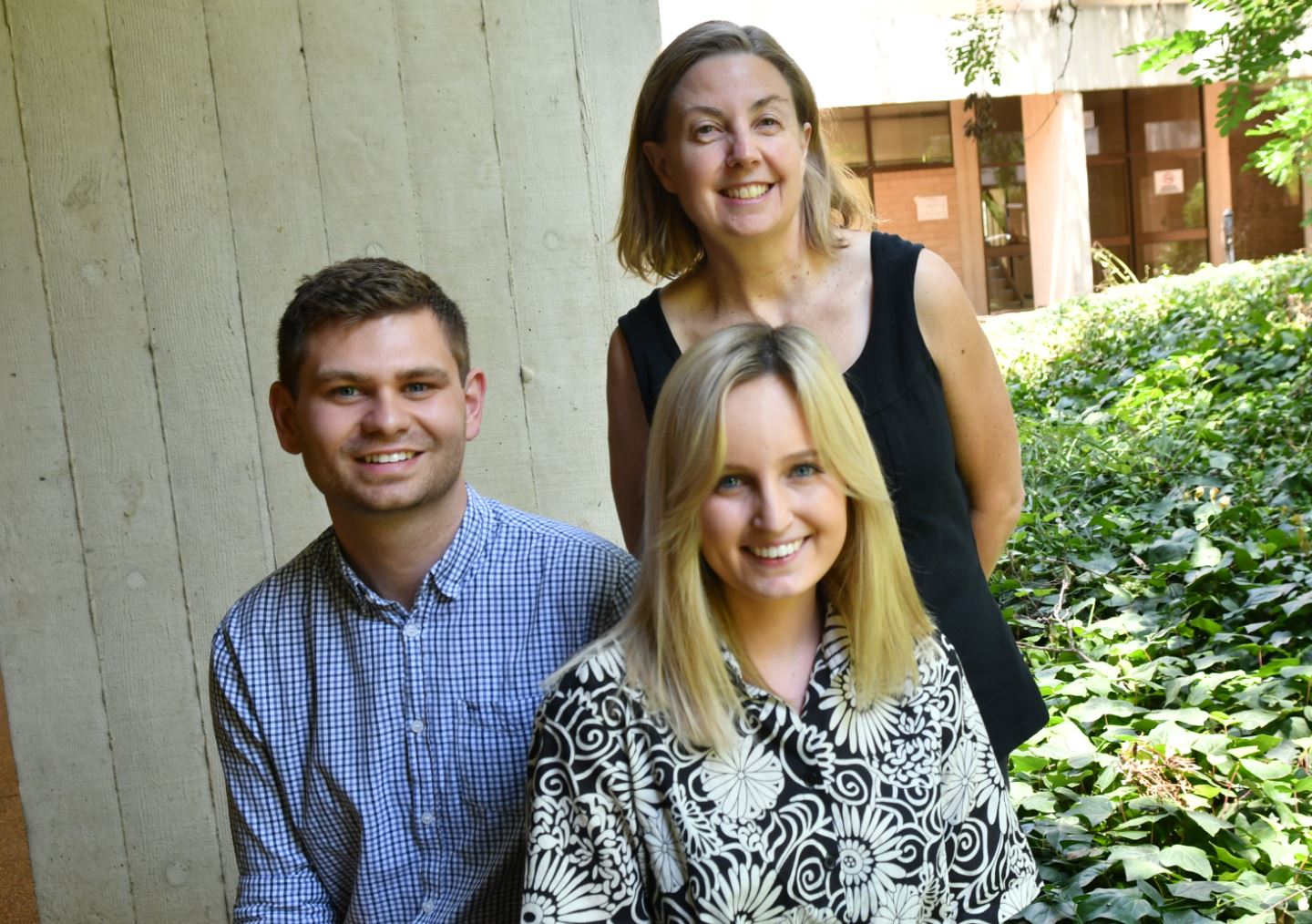
Up to 20% of Australian adolescents and young adults struggle with body image and eating at some stage. Flinders University has helped to launch a new specialist program to expand much-needed services in South Australia.
The new intervention service called ’emergED’ will offer services at /headspace offices north and south of the city in a bid to address eating disorders before they take hold.
The service uses parts of an international program known as FREED (or First episode and Rapid Early intervention service for Eating Disorders), which gives rapid access to specialised treatment for common concerns in late teens to early adulthood.
Steve Wright, Sonder Youth Services Manager, says the program gives young people aged 16-25 years old access to specialised, evidence-based, client and family-centred treatment that is tailored to the individual at a time when eating, weight, shape and/or body image can create concerns.
“emergED is designed to be a step-up service to headspace for young people who require extra levels of support and care,” Mr Wright says.
“The program will operate from two, youth-friendly headspace centres, at Christies Beach and Edinburgh North, and will also focus on addressing some of the challenges faced during adolescence.”
The program is a joint initiative between Sonder and its headspace centres and Flinders University, funded by the Adelaide Primary Health Network.
Flinders University Distinguished Professor of Psychology Tracey Wade, says emergED fills an important gap in services for eating disorders in South Australia.
“We’ve developed a truly collaborative and sustainable model to prevent emerging eating disorders from becoming chronic,” Professor Wade says.
The novel approach – which is set to expand further after the first trial – focuses on optimal delivery of rapid, personally tailored and well-integrated care for a range of issues.
The skilled team includes mental health clinicians Eloisa Steen and Luke Pritchard who say emergED focuses on “integrating friends, family and community members into the young person’s care”.
While eating disorders can affect people of all ages and backgrounds, the average age of onset for disordered eating takes place during adolescence.
“Most young people who are identified early in the development of eating disorders, and who receive appropriate treatment, are reported to recover,” Ms Steen says.
In the UK, FREED has been shown to significantly improve treatment uptake, clinical outcomes and service satisfaction and reduces needs for in-patient care.
An estimated 4% of the Australian population is affected at any time by eating disorders. They can become serious and potentially life-threatening mental illnesses, characterised by an unhealthy preoccupation with eating, exercise and body weight or shape.

Eating disorders not only affect a person’s physical and psychological health and reduced quality of life, but also impact their family, friends and community. Some of the physical consequences include; complications of the gastrointestinal, cardiovascular, and endocrine systems, osteoporosis, severe malnutrition and brain dysfunction.
Furthermore, people with eating disorders experience higher rates of other mental illnesses such as depression and anxiety, with reports of up to 97% having a comorbid condition.
How to access the service
Sonder is the lead agency for headspace Edinburgh North and headspace Onkaparinga. emergED commenced services in January 2019 and is delivered at headspace Edinburgh North and headspace Onkaparinga.
A third headspace position will be administered by Centacare from their western suburbs site in Port Adelaide.
Young people with an eating disorder can call headspace Edinburgh North or headspace Onkaparinga to self-refer to emergED. Alternatively, young people can be referred by their GP, school, health or community worker.
Families, carers or friends can also refer on behalf of the young person involved however referrals must take place with the consent of the young person.








